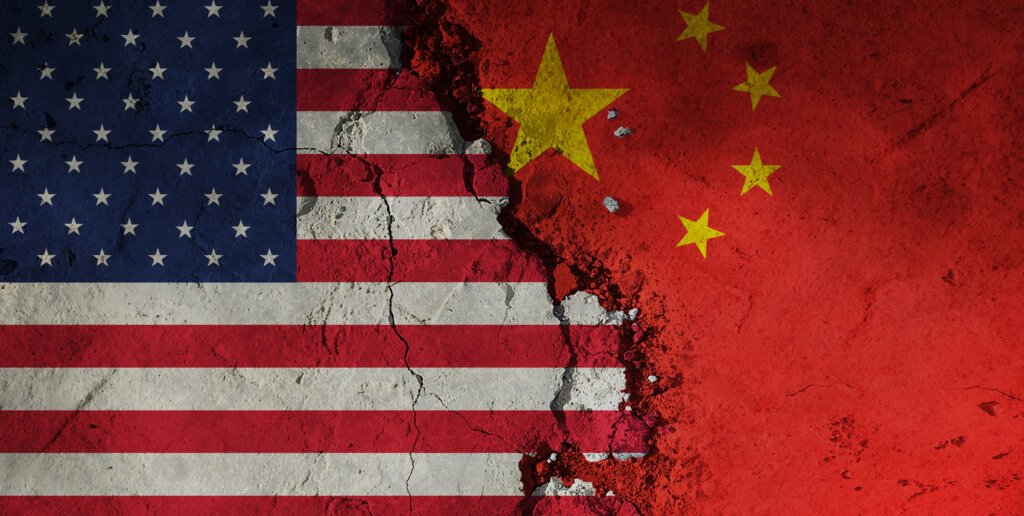- Russia tests a ‘Great Firewall’ of its own.
- Big technology companies complicit with oppressive regimes.
Taking a leaf out of China’s internet playbook, Russia recently trialled the mechanisms it may use to create its own version of the ‘Great Firewall of China.’
According the the Russian censorship authority Roskomnadzor, citizens in Chechnya, Dagestan and Ingushetia were unable to access internet properties outside Russia for up to 24 hours as part of annual testing of a purely internal ‘internet.’ The initial English language report of the incident appeared on the website of neoconservative pressure group, the Institute for the Study of War, although the relevant page has since been removed.
The outage took place 6-7 December. Access to VPNs that may have allowed citizens to circumvent the block is limited inside Russia.
Many sites hosted outside its borders are already blocked or have access to them throttled from Russia, with popular services like YouTube effectively unusable by Russians. These strictures and the alleged tested blanket bans imposed in the three Southwestern Russian regions epitomise the ongoing hostility between Russia and the West. Twitter, Facebook and Instagram, for example, are unavailable in Russia without use of a VPN, and even that possibility is becoming more remote.
The Great Firewall, no VPNs
As part of a crackdown on what the state authorities consider unsuitable parts of the internet, the Russian government has made the removal of VPN apps from the Apple App Store necessary for the company to continue operations in the country. To date, Apple has responded favourably to government requests to remove the contentious apps from its App Store in more than 60 instances, in a mirror of its craven responses to similar insistence by the Chinese government. Dissemination of information about how to access VPN services is currently a criminal offence in Russia [site in Russian].
Russia has invested heavily in its internet infrastructure since around 2019, and part of that injection has been used to develop technology that can effectively segment Russia from the global internet, preventing Russian citizens getting access to internet properties that might dispute the veracity of messages put out by Russian state media. In a tale as old as the history of despotic regimes, and eerily-familiar to APAC readers, control of access to media outlets and censorship of dissenting voices inside a country allow governments to act without meaningful criticism.
Although individual businesses and organisations across the rest of the world have made decisions to cease trading with Russia, some in response to US embargoes on the country, many large technology companies have chosen a path of least resistance and maximum income by continuing operations on Russian and Chinese soil under strictures imposed by the states.
Apple builds a walled Gulag
Earlier this year, the Chinese government ordered Apple to take down encrypted messaging apps from its App Store, including Telegam, Signal and WhatsApp. At the time, the company stated that it was “obligated to follow the laws in the countries where we operate, even when we disagree.”
The process by which Apple removes VPNs from its App Store in Russia should run smoothly thanks to the practice the company has had in the past. Apple began removing VPNs from its store in China in 2017 so that citizens wouldn’t be able to access media sources deemed as showing content disrespectful to Xi Jinping or otherwise disruptive of what Chinese authorities at the time termed an “orderly internet.”
Big technology companies’ obligations to human decency come third place to their obligations to continue to trade in oppressive states, and ongoing obligations to shareholders who insist that dividends keep being paid.






